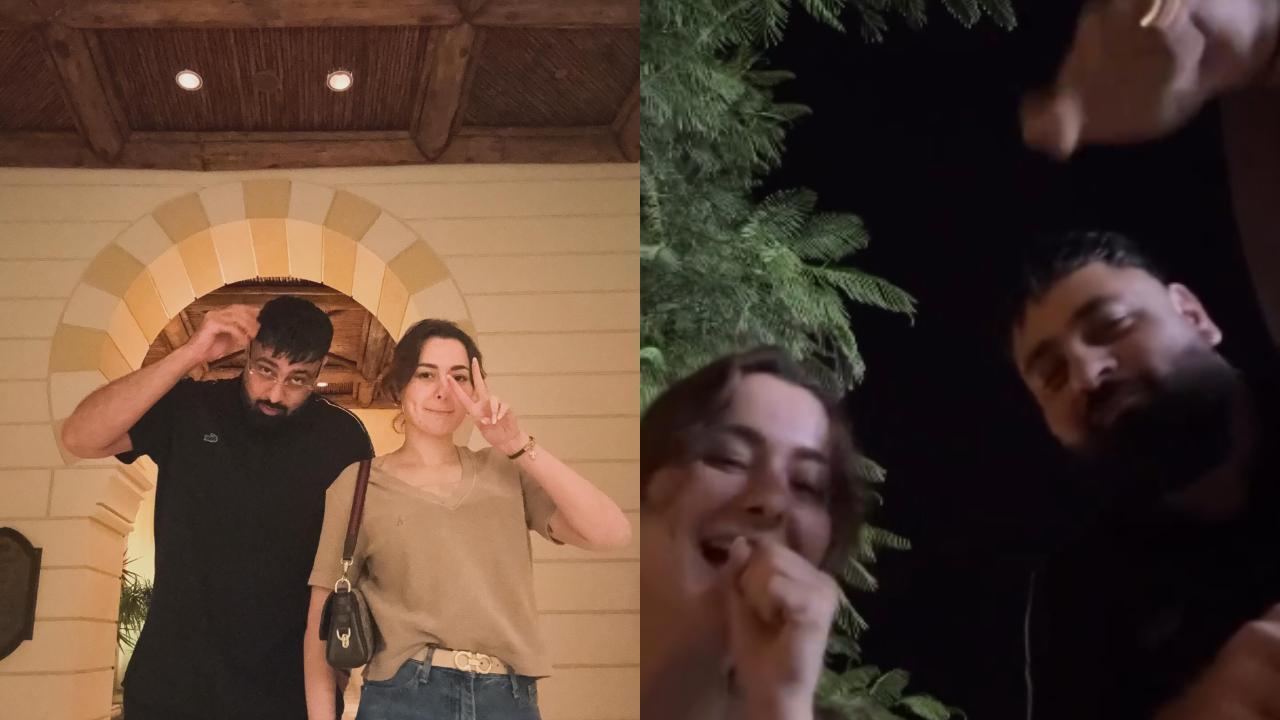
A stir has been felt across the entertainment industry as an open letter, brimming with signatures from over 450 Jewish professionals, has emerged, laying bare a profound wave of dissent. Within its text, individuals from a plethora of roles, encompassing celebrated actors, notable executives, and other influential figures, have coalesced to convey their staunch repudiation of Jonathan Glazer’s recent commentary.
This document, which came to light through Variety, showcases a who’s who of industry mainstays. The undersigned include prominent talents like Debra Messing and Tovah Feldshuh; high-powered executives such as Gary Barber and Gail Berman; creative forces including Amy Sherman-Palladino; along with directors Eli Roth and Rod Lurie, and producers Lawrence Bender, Amy Pascal, Hawk Koch, and Sherry Lansing, among others.
At the crux of this controversy is Jonathan Glazer, a filmmaker who, upon being honored with an Oscar for his Holocaust-centered movie “The Zone of Interest,” incited brewing unrest amid Jewish factions in Hollywood. Glazer provoked contention by linking the Holocaust, a historical cataclysm, to present-day geopolitical tensions, particularly Israeli actions in Gaza.
The congregated signatories stand together on the issue, fiercely objecting to Glazer’s comparisons. They argue that their Jewish heritage should never be instrumentalized to force false parallels between past horrors and current political disputes. Their message is adamant: the Holocaust, an event of unparalleled inhumanity, and their collective Jewish legacy, must not be manipulated to serve any particular storyline or political motive.
In the letter, the signatories collectively voice their abhorrence towards the misuse of the Holocaust and the heritage it represents. There is a palpable rejection of the moral equivalencies that Glazer seeks to establish between the Nazi-perpetrated atrocities and the Israeli-Palestinian conflict, with the letter unambiguously branding such parallels as not only historical distortions but as perilous enablers for anti-Semitic stereotypes.
The anxieties articulated in the text extend beyond mere disagreement with Glazer’s perspective; there is a genuine fear about the broader implications of such rhetoric. The signatories underscore that speeches such as Glazer’s bolster anti-Jewish prejudices across the globe. They emphasize that equating the unique tragedy of the Holocaust to other events dilutes the world’s understanding of it and, in doing so, diminishes the ongoing struggle against anti-Semitism and all forms of bigotry.
The ramifications of the director’s address have initiated an impassioned discourse within the myriad facets of the entertainment sector. Reactions have been decidedly mixed, with a noticeable portion publicly lambasting the filmmaker’s stance while others rally to support what they view as Glazer’s audacious expression of solidarity with Palestine.
The subject matter at hand is not just a source of industry insider debate but evokes an existential reflection of the horrors of history weighed against contemporary issues. It serves as a stark reminder of the enduring sensitivity surrounding artistic representations of tragedy and the profound responsibility borne by those who venture to evoke such histrocial narratives.
As the discourse unfolds, it remains apparent that the intersection of entertainment, politics, and historical memory is fraught with complexity. The collective stance taken by the signatories of the letter serves as a powerful testament to the vigilance that the Jewish community and its allies maintain in protecting the integrity of historical truth and condemning any who would seek to blur that line for their own ends.










